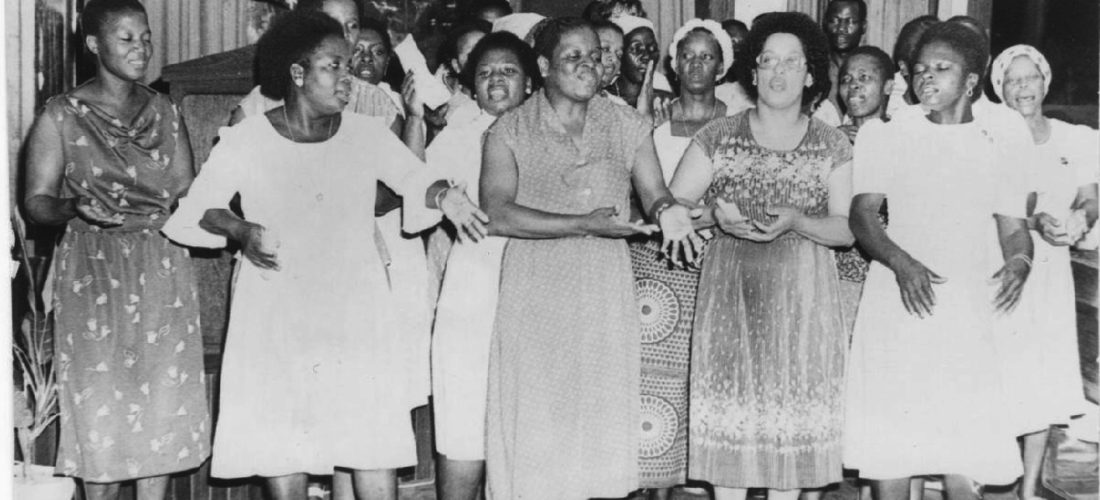This document is from the opening speech – given by Samora Machel – of the First Conference of Mozambican Women. In this speech, Machel answers the question “why women’s liberation?” She explores the basis of women’s exploitation and oppression, how it is replicated, and why it should be disrupted – especially within the context of a colonial revolution.
“The liberation of women is not an act of charity. It is not the result of a humanitarian or compassionate position. It is a fundamental necessity for the Revolution, a guarantee of its continuity, and a condition for its success.
The Revolution’s main objective is to destroy the system of the exploitation of man by man, the construction of a new society which will free human potentialities and reconcile work and nature. It is within this context that the question of women’s liberation arises.”


